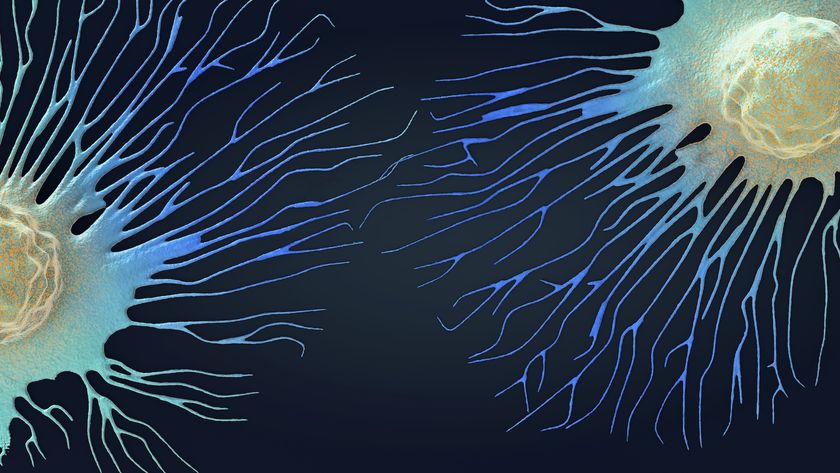Experimental Asthma Drug Hits a New Target

An experimental drug that could help people with asthma or allergies works in a new way, by blocking the production of an inflammatory protein, according to a new study.
The research is in its early stages and the drug, called quilizumab, has a long way to go before coming to the clinic, but the new results suggest that the drug can be given to people safely, and can lower people's levels of problematic inflammatory proteins.
The findings are exciting because the drug takes an approach that's unlike any other existing medication, said Dr. Rohit Katial, an allergist-immunologist at the National Jewish Medical & Research Center in Denver, Colorado, who wasn't involved with the new study. But it's too soon to tell if the drug can actually reduce symptoms in patients.
"It's always exciting when it's a new target that we haven't had. But there's no way to know how it's going to behave clinically," Katial said. [9 Weirdest Allergies]
The researchers said they are currently looking at whether the drug, made by the drug company Genentech Inc., is indeed effective in reducing symptoms in patients with moderate to severe asthma, they wrote in the study published today (July 2) in the journal Science Translational Medicine.
Some people with asthma or certain allergies, such as hay fever, have higher levels of an antibody protein called Immunoglobulin E (IgE) circulating in their blood, compared with people in general. IgE sits on the surface of certain cells, causing them to react to allergens such as pollen and dust mites by releasing compounds, for example, histamine. The result is inflammation in the airways and symptoms of asthma such as wheezing, coughing and shortness of breath.
Most patients with asthma can use existing medications to control their symptoms, which work by opening the airways or reducing inflammation, but many patients who are severely affected may eventually stop responding to standard treatments. For this group of people, better treatments are needed, experts say.
Sign up for the Live Science daily newsletter now
Get the world’s most fascinating discoveries delivered straight to your inbox.
One current drug, also made by Genentech, works by targeting IgE. That drug, known by its brand name Xolair, works by neutralizing IgE compounds that are already circulating in the blood. The medication has some limitations, however. For example, only patients whose body weight and IgE blood levels are within a certain range can receive the drug, the researchers said.
In the new study, which Genentech paid for, the researchers aimed one step higher and examined whether the new drug could block the production of IgE to reduce its levels, instead of neutralizing it after it is made.
The researchers gave one to three doses of the drug to about 65 people with either allergic rhinitis (hay fever) or mild asthma over a period of about two months. The doses were taken four weeks apart.
The results showed that the drug reduced the amount of IgE in the blood. The effects lasted at least six months after the patients took their last dose of the drug, according to the study.
The researchers also tested how some of the patients with mild asthma reacted to several allergens, and found that the medication inhibited the production of new IgE proteins that were specific to those allergens.
If the clinical trials going on now show that quilizumab can reduce the symptoms better than other medications, it could potentially be an effective treatment for patients with severe asthma, the researchers said.
Email Bahar Gholipour. Follow LiveScience @livescience, Facebook & Google+. Originally published on Live Science.



